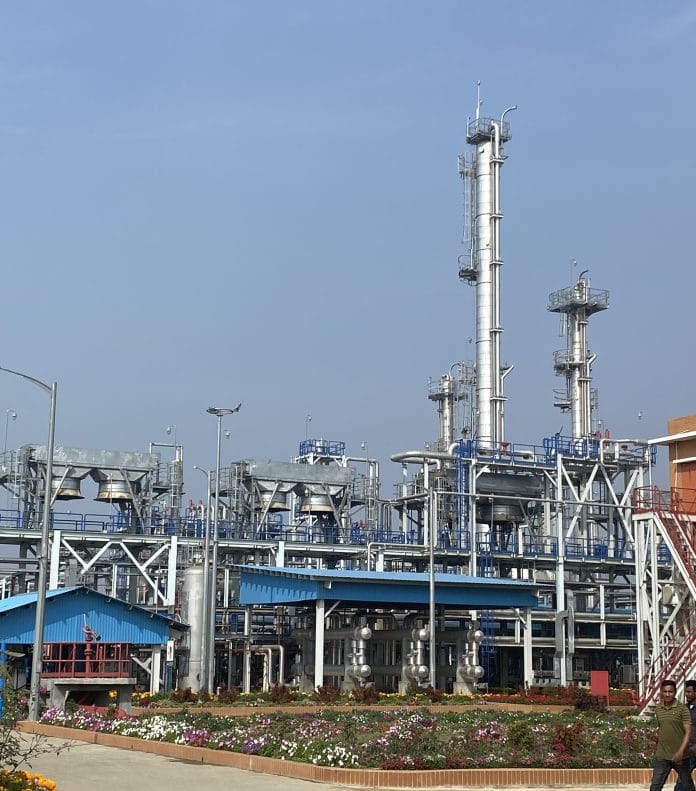The Centre for Policy Dialogue (CPD) has criticised the proposed national budget for FY2025-26 for prioritising fossil fuels over renewable energy, calling it a setback to Bangladesh’s clean energy transition and zero-emission commitments.
At a dialogue held Thursday at the BRAC Centre Inn in Dhaka, CPD researcher Helen Mashiyat Preoty presented a keynote highlighting that the budget promotes coal extraction and LNG imports rather than renewable energy development.
“The budget should have laid out a phase-out plan for fossil fuels, but instead, it has taken a reverse course,” she said. “What began as a commitment to ‘3 Zeros’ is now slowly fading – becoming 2.5 Zeros.”
According to CPD, the power sector now receives 41% of total national subsidies, with Tk 9,000 crore allocated for LNG imports alone in FY26. The think tank said this contradicts the interim government’s zero-emission pledge and reveals a policy bias toward fossil fuel dependence, citing MoUs for LNG imports from the US and VAT exemptions on LNG-related equipment.
It also flagged the cancellation of 37 Letters of Intent (LoIs) for renewable projects as a serious blow to Bangladesh’s green transition.
The CPD called for the withdrawal of zero VAT and all subsidies on LNG imports and fossil fuel-based equipment. Instead, it recommended imposing a minimum 5% duty and a surcharge to discourage fossil fuel dependency.
Despite the push for LNG, CPD noted that state-owned entities like the Bangladesh Petroleum Corporation (BPC), Bapex, and RPGCL posted substantial profits in FY2024-25, largely due to fuel price hikes and VAT exemptions. BPC made Tk 2,050 crore in profits, while Bapex and RPGCL earned Tk 137 crore and Tk 41 crore, respectively.
Projections show Bapex’s profit could rise to Tk 258 crore and RPGCL’s to Tk 49 crore in FY2025-26. In stark contrast, the Bangladesh Power Development Board (BPDB) reported losses of Tk 8,803 crore in FY2024-25, projected to increase to Tk 9,043 crore in FY2025-26.
Energy expert M Shamsul Alam warned that the current approach is making Bangladesh increasingly import-dependent. He also criticised BPC’s high profits, calling it “fuel injustice.”
Business leaders at the event expressed concern that without reliable power and gas supply, key sectors like textiles and apparel will suffer. Other participants included Professor Badrul Imam of Dhaka University, energy analyst Monower Mostafa, and BKMEA Vice President Md Akhter Hossain Apurbo.

